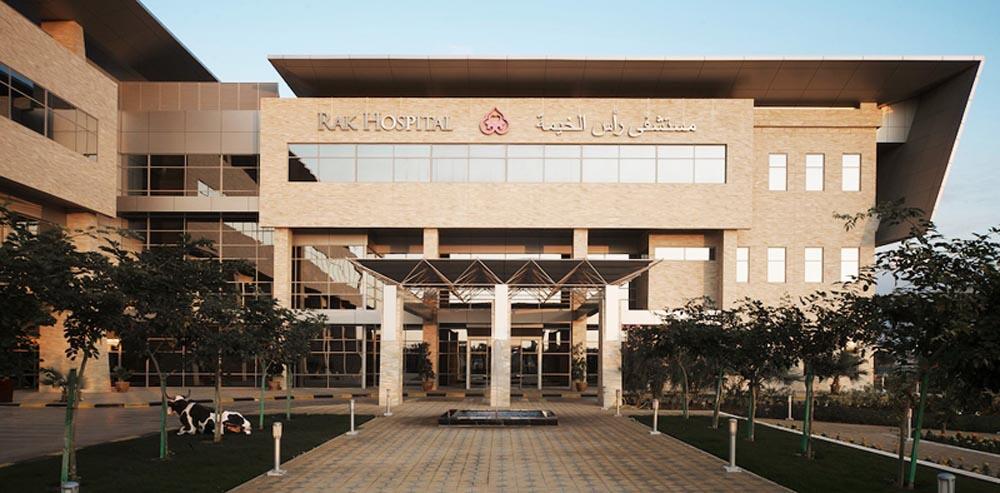A hospital in Ras Al Khaimah is on its way to become 100 per cent infection-free environment premises. With the vision to achieve this target RAK Hospital has chalked up a plan to get maximum defence against hospital-acquired infections.
In the past three months, the hospital has reduced the level of communicable diseases within the premises to almost zero per cent with a few measures.
These include regularly disinfecting door handles and other surfaces that people generally come in contact with besides measuring the use of hand sanitisers to ensure strict compliance.
Moreover, in the past one year, there was not a single case reported of acquired Urinary Tract Infection (UTI), blood stream infection and ventilator associated pneumonias in the hospital premises, it claims.
“It’s an established fact that many people contract infection after entering a hospital premises,” explained Dr Raza Siddiqui, CEO Arabian Healthcare Group and Executive Director of RAK Hospital,
“Therefore, utmost care is taken to minimize the possibility of infections whether at patients’ level or at the staff’s. Besides sterilising various surfaces every two hours, other measures include handing out disinfectant towels to everyone the moment they enter the hospital. As evident by the favourable results we got over a period of a few months, the hospital-acquired infection – also known as nosocomial – has reduced significantly.”
As per World Health Organisation, at any given time, the prevalence of healthcare-associated infection in developed countries varies between 3.5 per cent and 12 per cent.
Hundreds of millions of patients are effected every year, resulting in a number of deaths, major financial losses besides draining resources of healthcare institutions.
According to WHO, 7 out of 100 hospitalised patients acquire at least one nosocomial-related infection. The high risk areas in the hospital include the dental department, operation theatres, central sterile departments and isolation rooms, where communicable disease patients are kept, while the most common infections are those contracted post-surgical, ventilator-associated pneumonia, blood-stream infection and urinary tract infection, among others.
Source: Emirates 247











